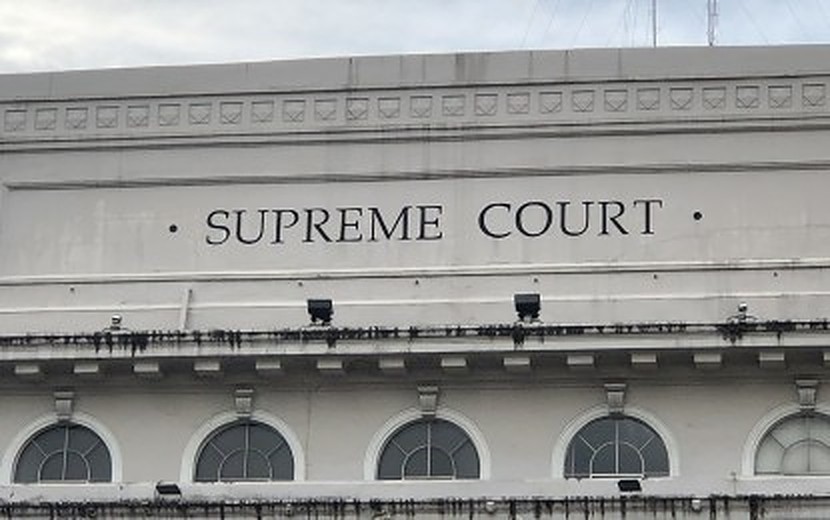
By Benjamin Pulta | Philippine News Agency
The Supreme Court (SC) on Monday said it has approved the procedural rules on petitions and applications in connection with the Anti-Terrorism Act of 2020 (ATA) and its related laws.
In a statement, the tribunal said the Rules on the Anti-Terrorism Act of 2020 and Related Laws (A.M. No. 22-02-19-SC) would take effect on Jan. 15.
“The Rules shall apply to petitions and applications regarding detentions without judicial warrants of arrest, surveillance orders, freeze orders, restrictions on travel, designations, proscriptions, and other court issuances promulgated to implement the ATA and other related laws,” the SC said.
The rules contain the procedure for the issuance of an order of proscription by the Court of Appeals (CA), upon a suit by the Department of Justice to declare as outlawed terrorist any group of persons, organization, or association.
It likewise provides the procedure for an individual, organization, association, or group of persons who go to court to question their designation as terrorist by the Anti-Terrorism Council (ATC) and the issuance of any freeze order by the Anti-Money Laundering Council (AMLC).
The rules also mandate a law enforcement agent or military personnel to secure a prior written surveillance order from the CA to be able to secretly wiretap, overhear, listen to, intercept, screen, read, surveil, record, or collect private communications, conversation, or messages between members of a judicially-proscribed terrorist organization.
The rules also cover action on “members of designated persons” under Republic Act 10168 or the Terrorism Financing Prevention and Suppression Act of 2012.
The rules provide that under certain circumstances, a person suspected of committing any of the acts under ATA, and any member of a group, organization, or association proscribed can be arrested and detained by any law enforcement agent or military personnel without a judicial warrant of arrest.
The detention without a warrant cannot exceed the period under the Revised Penal Code unless authorized in writing by the ATC for a period of up to 14 calendar days and, thereafter, by a designated regional trial court for not more than 10 calendar days.
In cases involving those belonging to the most vulnerable groups such as the elderly, pregnant, persons with disability, women, and children who are unable to safeguard their interests, the court shall appoint a guardian.
The parties can likewise avail of other existing remedies, such as the writs of habeas corpus, amparo, and habeas data, and appeals to the SC when appropriate.
